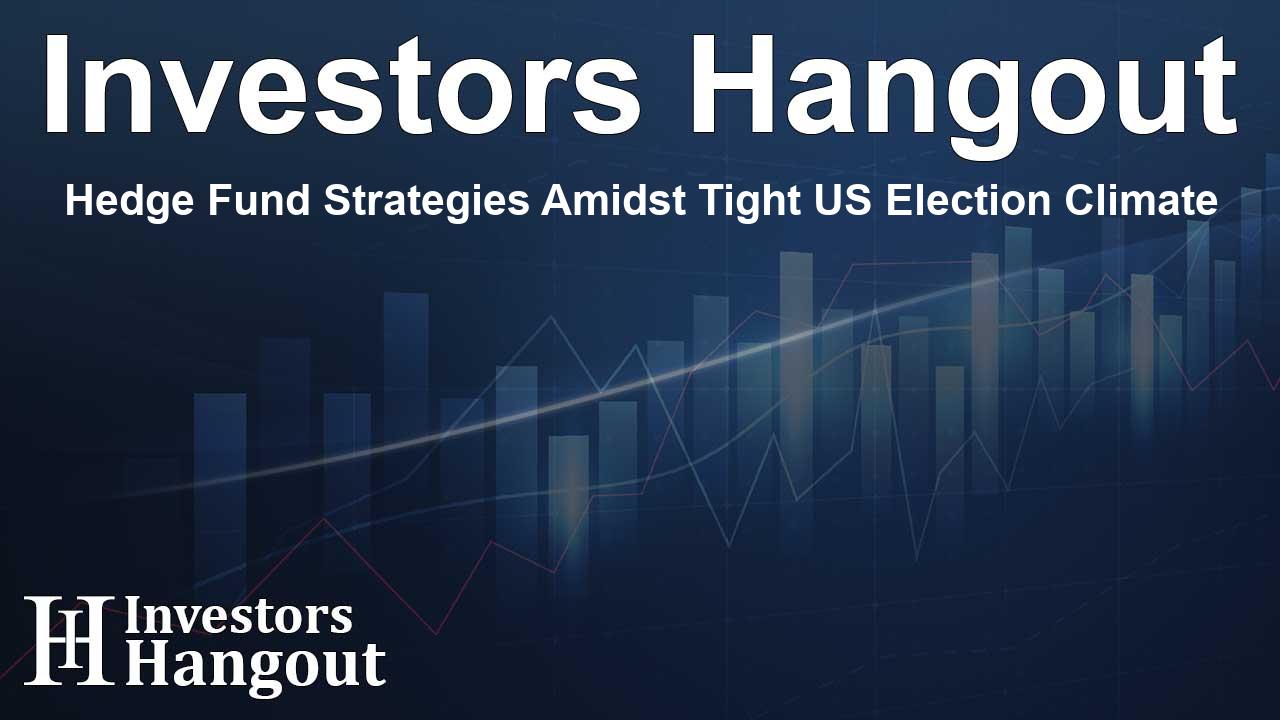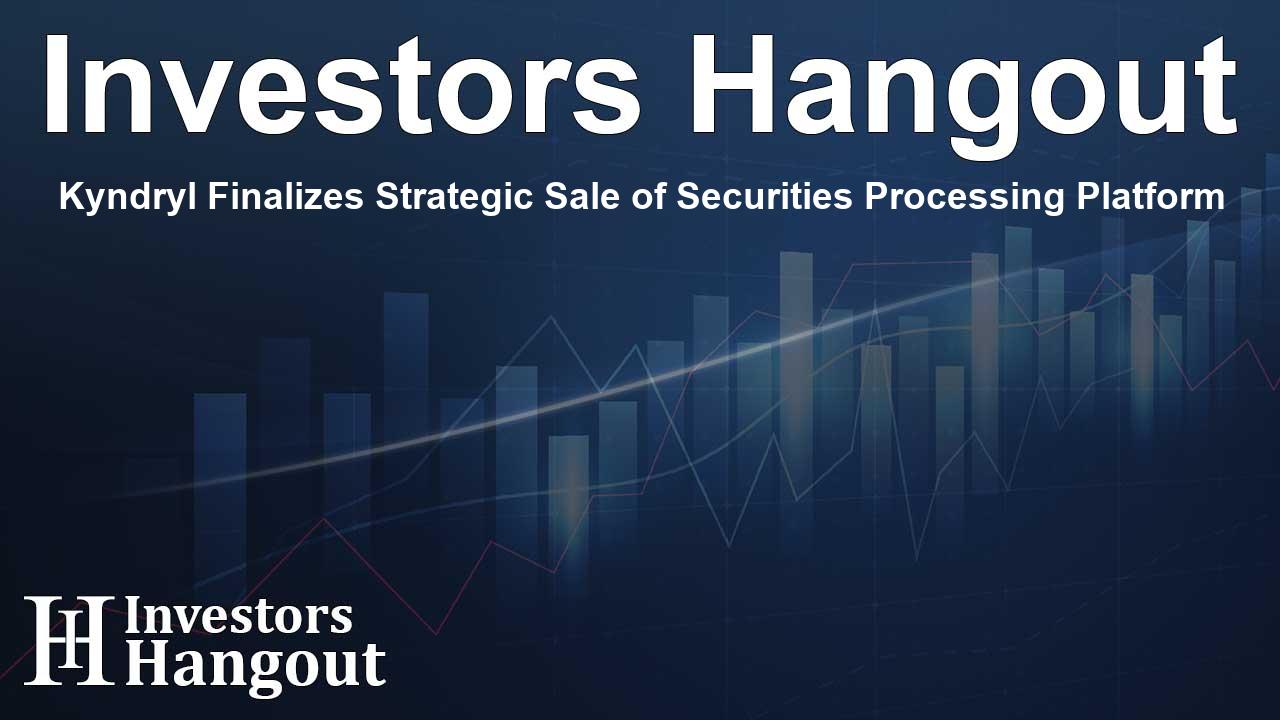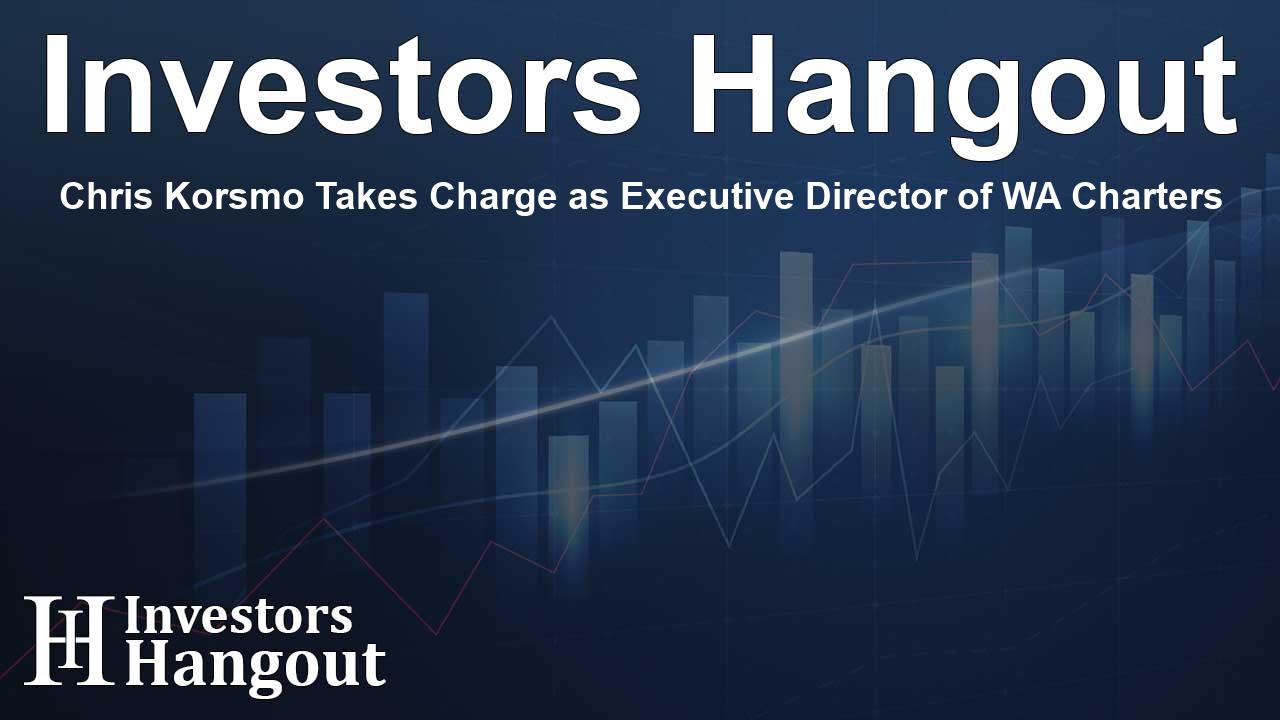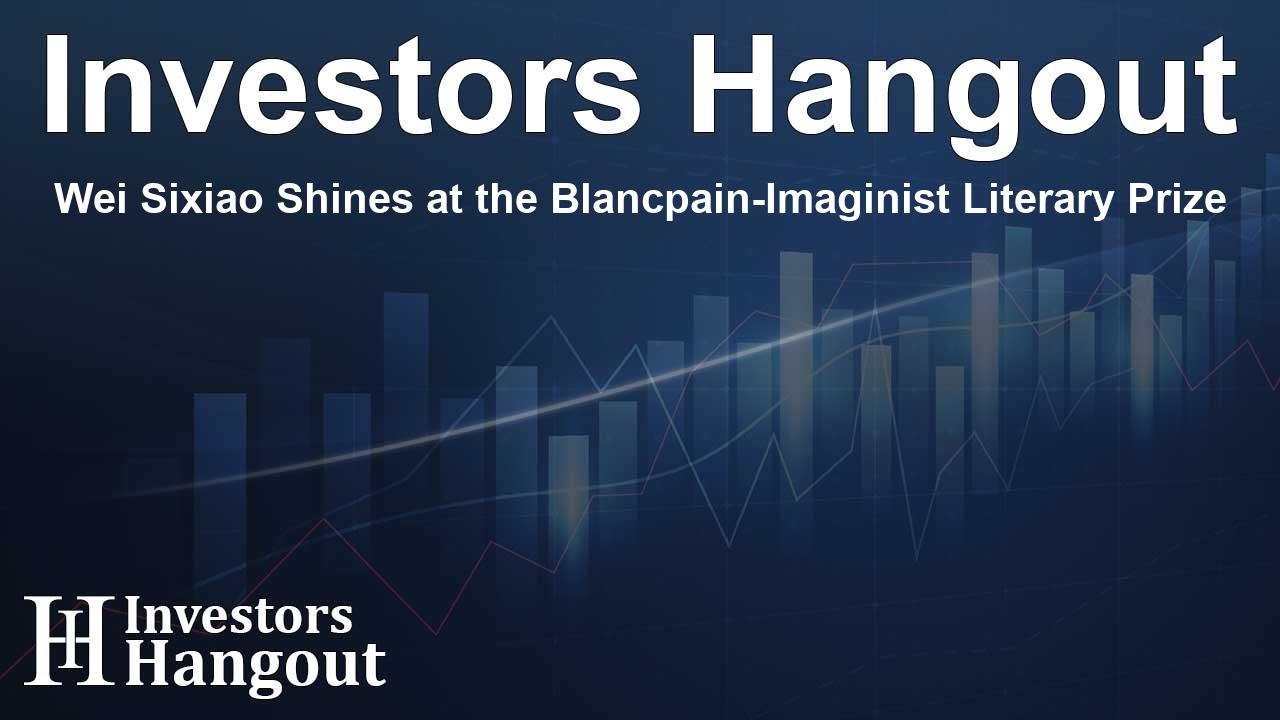Hedge Fund Strategies Amidst Tight US Election Climate

Hedge Fund Strategies in a Tight US Election
As the US presidential election inches closer, hedge funds are actively looking for investment strategies that could yield high returns based on the eventual victor. With Republican candidate Donald Trump and Vice President Kamala Harris in a near tie, investors are seeking trades that offer substantial upside while minimizing their risk in the event of an unexpected outcome.
Asymmetric Trades in Focus
Many investors are gravitating towards "asymmetric trades." These involve selecting assets like bitcoin or the yuan, which present a high reward potential if Trump secures a victory, yet pose limited losses should the outcome favor Kamala Harris. This balancing act is drawing the attention of financial strategists looking to navigate the unpredictable election landscape.
Bitcoin as a Key Asset
Among the favored trades, taking a long position in bitcoin stands out. David Kalk, founder of Reflexive Capital, posits that if Trump wins, the cryptocurrency could potentially multiply two to three times the initial investment due to a more relaxed regulatory environment surrounding cryptocurrencies. Conversely, he believes that the negative implications of a Harris victory would result in only a modest decrease in bitcoin's value, making this a compelling asymmetric opportunity.
Shorting the Yuan
Patrick McMahon, founder of MKP Capital Management, highlights the strategy of shorting the yuan against the dollar, which may suffer if heightened tariffs are enacted. This approach aims to capitalize on possible economic shifts stemming from the election's outcome.
Neutral Betting Strategies
In addition to the asymmetric bets, some hedge funds are adopting neutral strategies to hedge their positions. By pairing long and short bets on the same stock, they can mitigate directional risks, balancing potential losses with gains in other areas.
Market Sentiment and Predictions
Market sentiment appears to lean towards a potential Trump victory, leading some investors to pivot their strategies accordingly. In contrast, the anticipation of a Harris win suggests a return to the status quo, implying limited potential losses for certain trades. The hedge fund industry overall has observed a substantial gain of 8.3% within the year’s first nine months, although this figure still lags behind the S&P 500's impressive rise of 20%, which pressures many funds to adopt a more cautious approach.
Impending Market Reactions
As the election date approaches, there's a forecast of increased selling activity among hedge funds. Jon Caplis, CEO of PivotalPath, notes that many funds may choose to lock in their gains, opting to sit back and reassess until the election results provide clearer insights. This sentiment stems from the market's unpredictable nature just days before the election.
The Trump Trade Dilemma
Large bets placed on Trump to win have sparked debate regarding their influence on market trends. These trades are contributing to shifts in various sectors, including a selloff in Treasuries and the yuan, alongside an uptick in the shares of Trump Media & Technology Group. Speculations regarding overzealous trades based on the anticipated outcome are also making rounds as polls continue to reflect a close race.
As analysts monitor national polling averages, a slight edge has shown Kamala Harris leading at 48.1% against Trump’s 46.7%. The narrow margin raises concerns about whether the prevailing momentum in trading could reverse, depending on the election results.
The Essential Takeaway
In conclusion, the strategies employed by hedge funds during this unpredictable election cycle illustrate a blend of calculated risk and potential reward. As both candidates remain close in the polls, the focus on identifying trades that will either capitalize on a Trump victory or cushion losses from a Harris win remains paramount. Navigating this landscape will require both skill and intuition as market conditions evolve rapidly.
Frequently Asked Questions
What are asymmetric trades?
Asymmetric trades focus on achieving higher rewards with minimized risks, particularly in uncertain situations like an election.
Why are hedge funds interested in bitcoin?
Hedge funds see bitcoin as a promising investment due to its potential for monumental gains, especially if political factors skew positively for Trump.
How do neutral betting strategies work?
Neutral betting strategies aim to reduce risk by balancing long and short positions, creating a safety net against market volatility.
What impact could the election have on the yuan?
The yuan may weaken if tariffs rise following a Trump victory, making shorting the currency a favored strategy among hedge funds.
Why might hedge funds sell before the election?
To secure profits and reduce exposure to unpredictable outcomes, hedge funds may choose to sell positions before the election results are clear.
About Investors Hangout
Investors Hangout is a leading online stock forum for financial discussion and learning, offering a wide range of free tools and resources. It draws in traders of all levels, who exchange market knowledge, investigate trading tactics, and keep an eye on industry developments in real time. Featuring financial articles, stock message boards, quotes, charts, company profiles, and live news updates. Through cooperative learning and a wealth of informational resources, it helps users from novices creating their first portfolios to experts honing their techniques. Join Investors Hangout today: https://investorshangout.com/
Disclaimer: The content of this article is solely for general informational purposes only; it does not represent legal, financial, or investment advice. Investors Hangout does not offer financial advice; the author is not a licensed financial advisor. Consult a qualified advisor before making any financial or investment decisions based on this article. The author's interpretation of publicly available data shapes the opinions presented here; as a result, they should not be taken as advice to purchase, sell, or hold any securities mentioned or any other investments. The author does not guarantee the accuracy, completeness, or timeliness of any material, providing it "as is." Information and market conditions may change; past performance is not indicative of future outcomes. If any of the material offered here is inaccurate, please contact us for corrections.









